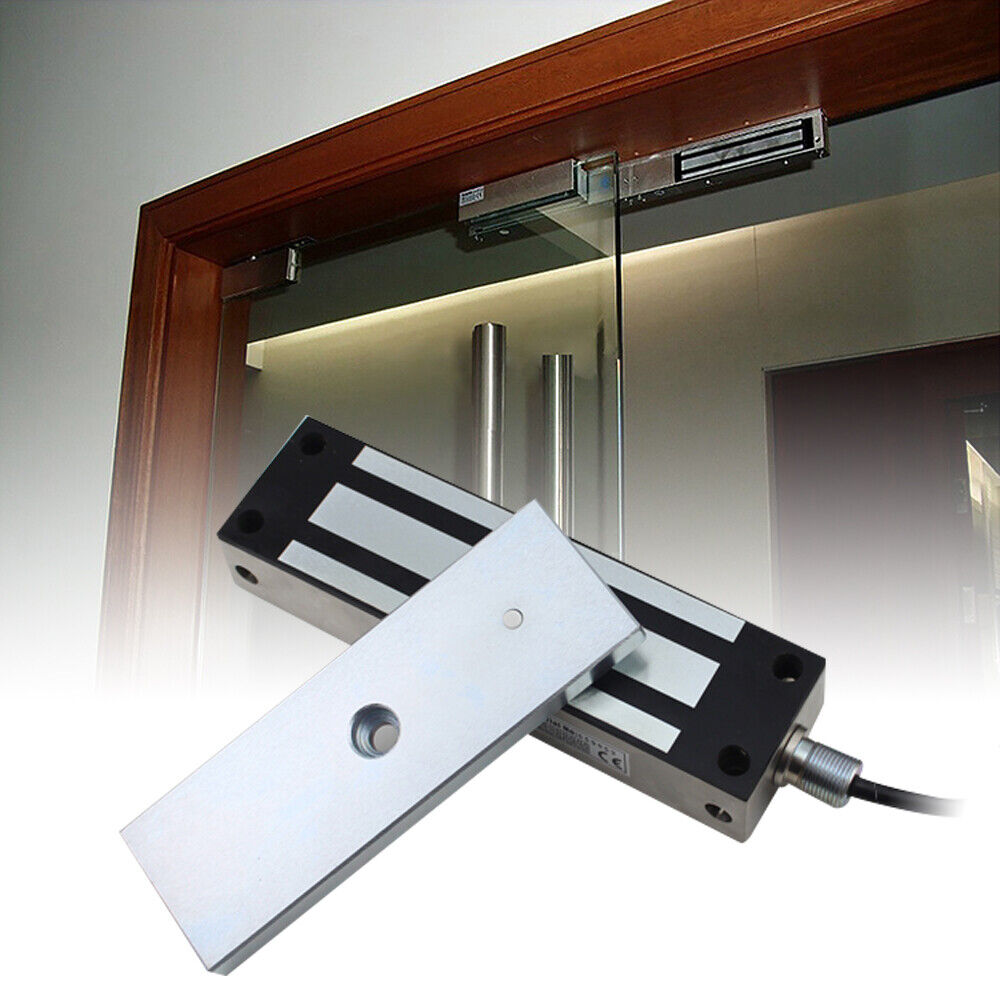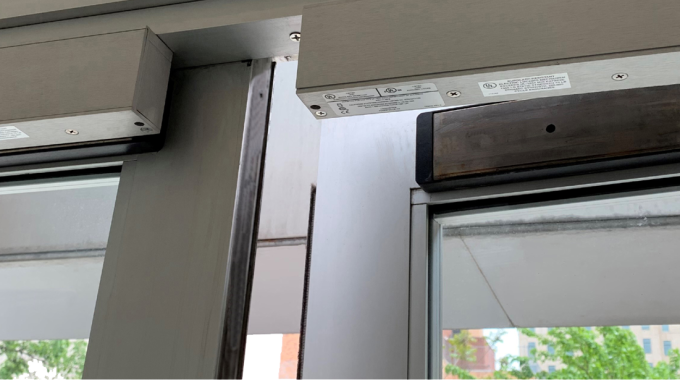In the realm of security systems, magnetic locks have gained popularity for their innovative approach to access control. These locks rely on the power of electromagnetism to secure doors and provide convenient entry. In this article, we will delve into the pros and cons of magnetic locks, evaluating their advantages and disadvantages to help you make an informed decision.
Pros of Magnetic Locks
Enhanced Security: Magnetic locks offer a high level of security. Unlike traditional mechanical locks, they are resistant to picking and tampering. Magnetic locks utilize powerful magnets that create an unyielding bond between the door and the frame, making it difficult for intruders to force entry. This added security makes magnetic locks an ideal choice for businesses, government buildings, and other high-security environments.
Quick and Convenient Access: One significant advantage of magnetic locks is their speed and convenience. They operate using an electromagnetic field that releases the lock as soon as the authorized user presents a valid access credential, such as a key card or fob. This swift response time eliminates the need for keys and allows for seamless entry, particularly useful in situations where multiple individuals need frequent access, such as office buildings or hotels.
Increased Durability: Compared to traditional locks, magnetic locks boast greater durability. They do not have delicate internal components prone to wear and tear, making them less susceptible to mechanical failure. Additionally, since there are no moving parts, magnetic locks have a longer lifespan, reducing the need for frequent maintenance or replacement.
Fail-Safe Operation: Magnetic locks are designed with fail-safe mechanisms, ensuring that they can be opened in the event of a power outage or emergency. These locks are equipped with backup power supplies, such as batteries or generators, which ensure that they remain operational during disruptions. This feature adds an extra layer of safety and prevents individuals from being inadvertently locked inside or outside a secured area.

Cons of Magnetic Locks
Power Dependency: One notable drawback of magnetic locks is their reliance on a continuous power source. Unlike traditional locks that function independently of electricity, magnetic locks require a constant supply of power to maintain the electromagnetic field that keeps the door locked. In the event of a power failure or electrical outage, magnetic locks may become temporarily non-functional, necessitating the use of backup power systems or alternative access methods.
Installation Complexity: The installation process of magnetic locks can be more complex and time-consuming compared to traditional locks. These locks require professional installation, as they involve wiring and integration with access control systems. This complexity can lead to higher installation costs and may require modifications to the door and surrounding infrastructure, making it less feasible for retrofitting in certain environments.
Cost: While magnetic locks offer a range of benefits, they tend to be more expensive than traditional locks. The initial investment includes the cost of the lock itself, as well as professional installation and integration with an access control system. Additionally, maintenance and repair costs may be higher due to the specialized components involved. However, it is important to consider these costs in the context of the enhanced security and convenience magnetic locks provide.
Vulnerability to Electromagnetic Interference: Magnetic locks can be susceptible to electromagnetic interference (EMI) caused by nearby electronic devices. EMI can disrupt the electromagnetic field and potentially lead to unintended unlocking or malfunctioning of the lock. While modern magnetic locks are designed to minimize these risks, it is important to consider the potential impact of EMI in the installation environment.
Conclusion
Magnetic locks offer a range of advantages, including enhanced security, quick access, increased durability, and fail-safe operation. However, they also come with certain drawbacks, such as power dependency, installation complexity, higher costs, and vulnerability to electromagnetic interference. When considering the implementation of magnetic locks, it is crucial to weigh these pros and cons against the specific needs and requirements of the intended application. By doing so, you can make an informed decision about whether magnetic locks are the right choice for your security needs. Looking for reliable magnetic locks? Have them made to measure by contacting Capitol Industries Inc. today!

